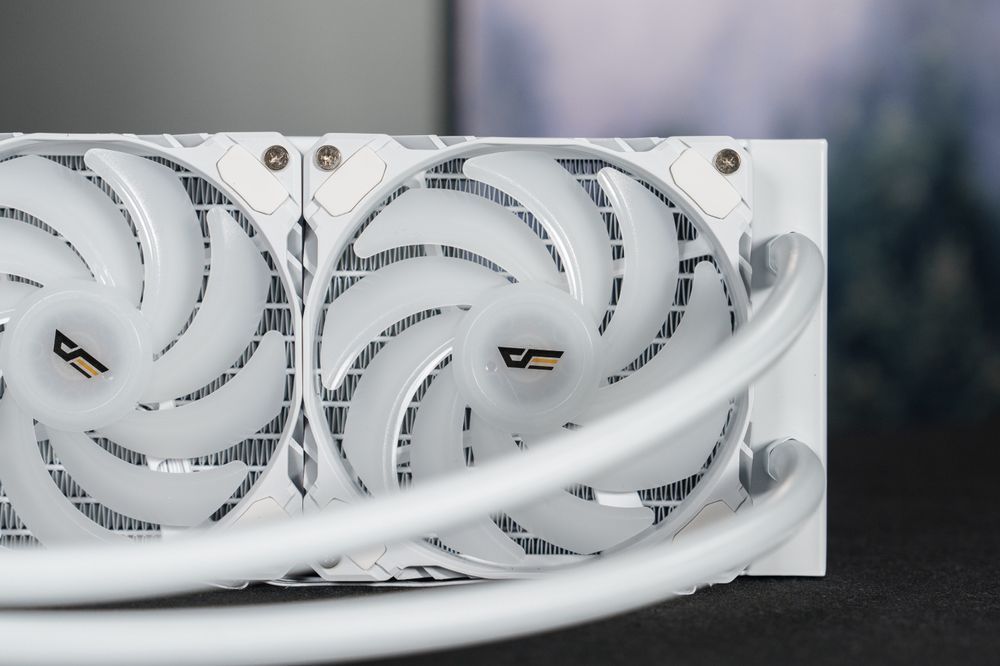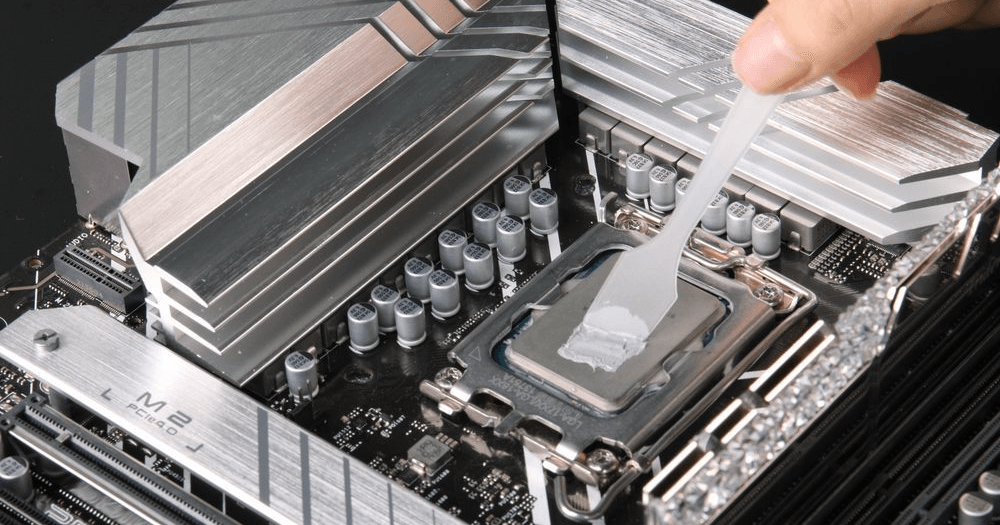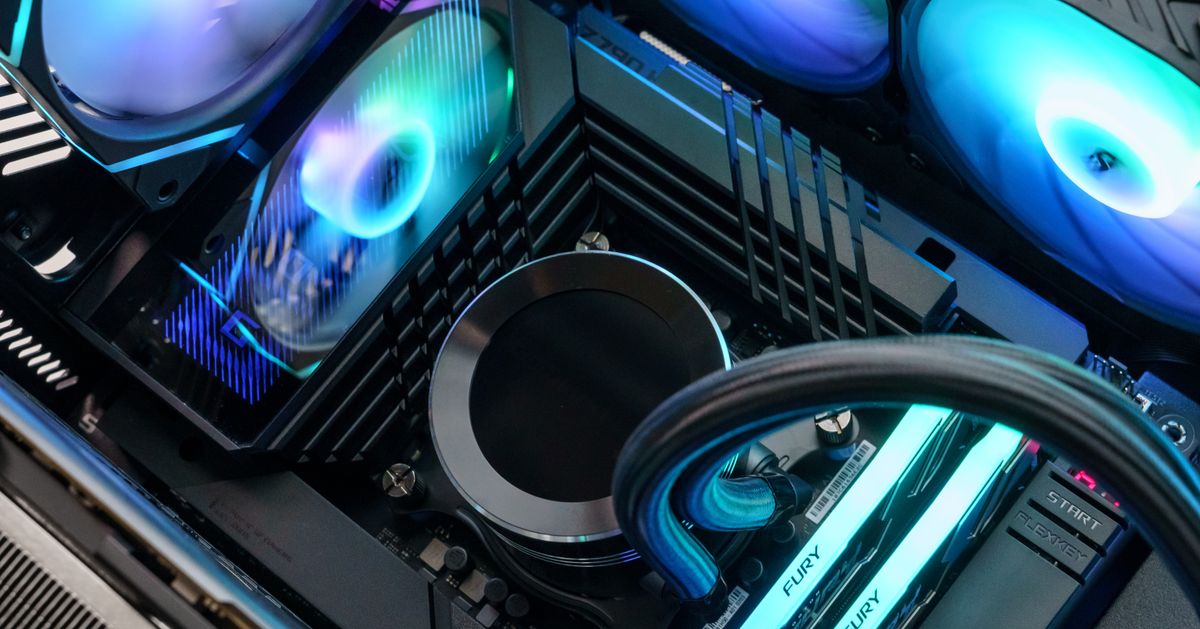
When your CPU is under heavy load, temperature spikes are inevitable. While traditional air coolers are budget-friendly, they often struggle to keep up with high-performance processors. That’s where liquid coolers come in — the go-to choice for gamers and power users alike.
But have you ever wondered what a liquid cooler actually is, and why it outperforms traditional air cooling systems?
What Is a Liquid Cooler?
A liquid cooler is a closed-loop system that circulates coolant to absorb and transfer heat away from the CPU. The coolant carries the heat to a radiator, where it's released into the air with the help of fans — all while maintaining high efficiency and low noise levels.

How Does a Liquid Cooler Work?
Water Block (CPU Block)
Mounted directly on the CPU, the water block has a thermal metal base that makes contact with the CPU and coolant. Thermal paste is applied to enhance heat transfer from the CPU to the block.Pump
The pump keeps the coolant circulating through the system.Radiator
The heated coolant flows into the radiator, where large surface-area fins dissipate the heat.Fans
Attached to the radiator, fans help expel the hot air from the case quickly and efficiently.

(Liquid Cooling, intel)
Advantages of Liquid Coolers
Superior Cooling Performance
Liquid has a much higher thermal conductivity than air, allowing it to draw heat away from the CPU faster. This is especially beneficial for high-end CPUs or overclocked systems that generate a lot of heat.

Quieter Operation
Since liquid cooling is more efficient, fans don’t need to spin at high speeds to keep temperatures low. As a result, the system stays quieter during operation.

Sleek and Stylish Aesthetics
Liquid coolers often have a cleaner, more compact design compared to bulky air coolers. With modern additions like built-in screens on the water block and RGB fans, they add visual appeal and are perfect for gaming or showcase builds.

Stable Long-Term Performance
Liquid coolers can keep temperatures low even under extended high workloads, reducing the risk of thermal throttling and ensuring better system stability and performance over time.
Who Should Consider Getting a Liquid Cooler?
Users with High-End CPUs
If you're running a top-tier processor, maintaining stable output and avoiding heat damage is key. A liquid cooler helps efficiently remove excess heat, keeping your CPU at safe operating temperatures.

Enthusiasts with Basic PC Hardware Knowledge
While liquid coolers offer powerful performance, they do come with a limited lifespan (typically 5 to 8 years due to the use of coolant). Once the warranty ends, it's recommended to replace the cooler — making it slightly more maintenance-intensive than air coolers.
Users Who Value Aesthetic Builds
Liquid coolers now come in all kinds of designs, from minimalist to flashy. Some even include customizable screens on the water block. They’ve evolved from simple cooling tools into centerpiece components of high-end custom PC builds.




